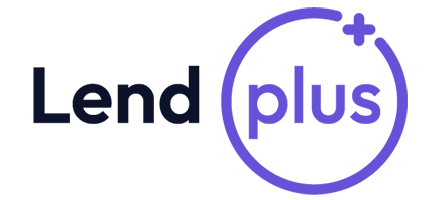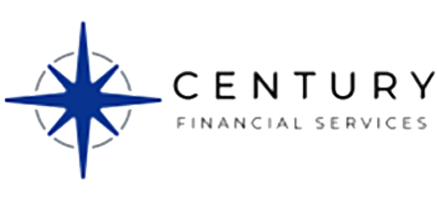How to Get a Consumer Loan

We explored the details of obtaining a loan together with experts.
What Is a Consumer Loan?
A consumer loan is money you can borrow from a bank under agreed terms and spend at your discretion. Exceptions include targeted loans:
- Mortgage: for buying an apartment, a private house, or construction purposes.
- Car loan: funds can only be used to purchase a vehicle, which will remain collateral with the bank until the debt is fully repaid.
- Refinancing: the bank provides money exclusively to repay other loans.
Types of Consumer Loans
To allow borrowers to take money on suitable terms, banks offer different types of loans:
- Targeted: issued for a specific purpose, e.g., a car loan or installment purchase in a store. Usually, the bank transfers the money directly to the seller, and the borrower receives the product and a payment schedule.
- Non-targeted: funds can be used for any purpose without bank approval.
- Short-term: loans for less than 12 months.
- Long-term: loans for more than 12 months.
Consumer Loan Application Process
The process usually consists of three stages:
1. Preparing Documents
The required documents may vary by bank but generally include:
- Loan application;
- Passport with registration mark;
- If registration is temporary — a document confirming place of stay;
- Income statement.
For salary clients of a bank, minimal documentation may be sufficient — sometimes just a passport is enough.
2. Loan Application Review
After submitting the application, the bank verifies documents, credit history, and the borrower’s solvency. The response time depends on the bank: usually within three to five days, sometimes faster.
3. Signing the Agreement
If approved, the borrower signs a contract specifying all terms: loan amount, interest rate, term, payment schedule, repayment procedure, and penalties for late payment. If the loan requires collateral or a co-signer/guarantor, a separate collateral or guarantee agreement is also signed.
Factors Affecting Consumer Loan Approval
Each bank has its own credit policy, but most consider:
- Credit history: the presence or absence of late payments, bankruptcy, or court cases (e.g., alimony). Improving credit history can increase approval chances.
- Debt load: the percentage of monthly income spent on loan payments.
- Registration: whether the borrower has permanent or temporary registration.
- Solvency: official employment and income sufficient to cover payments; work experience is also checked.
- Loan purpose: unsecured consumer loans may have stricter conditions compared to loans for real estate or vehicles due to lack of collateral.
- Collateral: some loans require it, such as car loans or mortgages. Collateral can increase approval chances and reduce interest rates.
The best offers for you

- Amount up to up to 4 000 R
- Period up to 41 day
- Approval 97%

- Amount up to up to 8 000 R
- Period up to 183 дня
- Approval 97%

- Amount up to up to 4 000 R
- Period up to 183 дня
- Approval 97%
